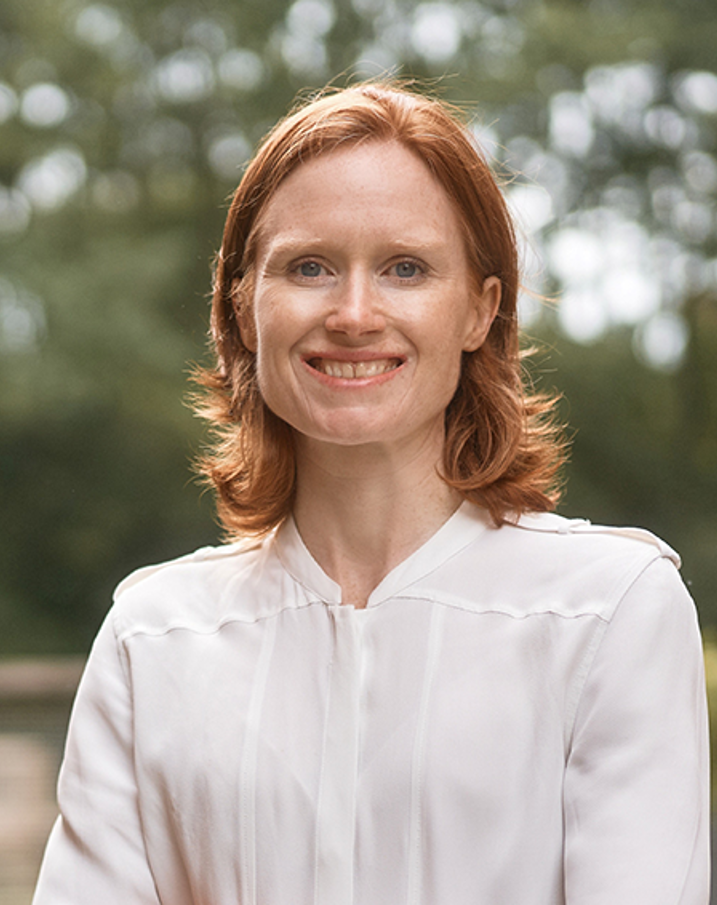Breaking barriers: How disability shaped my journey in radiology
Article by: Dr Sophie West
I love my job; radiology is a great specialty and so adaptable, However, I didn’t know about my disability (congenital hip condition and rare metabolic disorder) when I started training, and it had a huge impact, as I had to take time out for multiple surgeries and several major illnesses. I had originally started the orthopaedic higher specialty training programme, but it became clear that the path was going to be hard, and I realised I wasn’t sure I wanted to be in a place where I had to fight all the time to get the same opportunities as everyone else.
As a doctor with a disability, a fulfilling career is entirely possible, but you must be realistic about the choices you make.
A supportive network
I was incredibly fortunate in my higher specialty training to have an amazing training programme director and head of school who had my back and without them, the road would have been far rockier. I also couldn’t have done it without my colleagues – knowing you have people who support you, and who you can trust and talk to is really important.
I can’t emphasise the difference small modifications to my working environment have made, including special chairs arranged for ‘standing work’, and rotas were changed to exclude night shifts. The Access to Work scheme, which provides money towards the cost of special equipment or travel expenses has been invaluable in helping provide funding for me to get taxis to and from work. I’ve also sat exams at alternative locations that have been easier for me to get to.
Strangely, the Covid pandemic helped me massively. Being able to work from home when I need to has resulted in a much better quality of life for me, my family and ultimately, for my workplace as I am more reliable.

Catalysts for change
Despite the wonderful support I have had, I believe that there still needs to be a change in the culture to ensure the initial response to requests for adaptations is met. Those of us with disabilities understand some paths are easier to tread, however studying medicine, progressing through training and becoming a consultant are all 100% achievable with a disability.
Like in other aspects of life, there are many different types of doctors, and some specialties are going to be more accessible/achievable than others depending on the disability. Frank conversations and disability-specific career guidance is important and needs to be provided at every level – from school through to higher specialty training. Medical school, foundation and higher specialty training also need to be tailored to those with a disability. Extra time added to training can’t be seen as a negative or have a stigma attached to it.
At a senior level, there needs to be an awareness that doctors with a disability are an asset and positive culture changes, and business planning practices need to be changed to help accommodate these.
In my view, radiology is the best speciality in the world, but there are still many barriers to overcome to ensure individuals with a disability receive the support they need to pursue a career as a doctor.
Dr Sophie West
Consultant Radiologist, East Kent Hospitals University NHS Foundation Trust